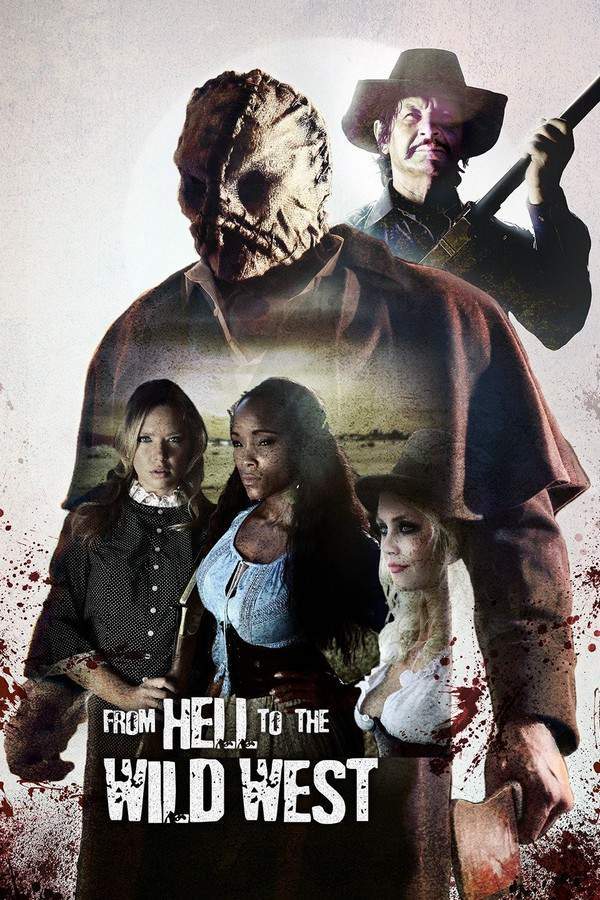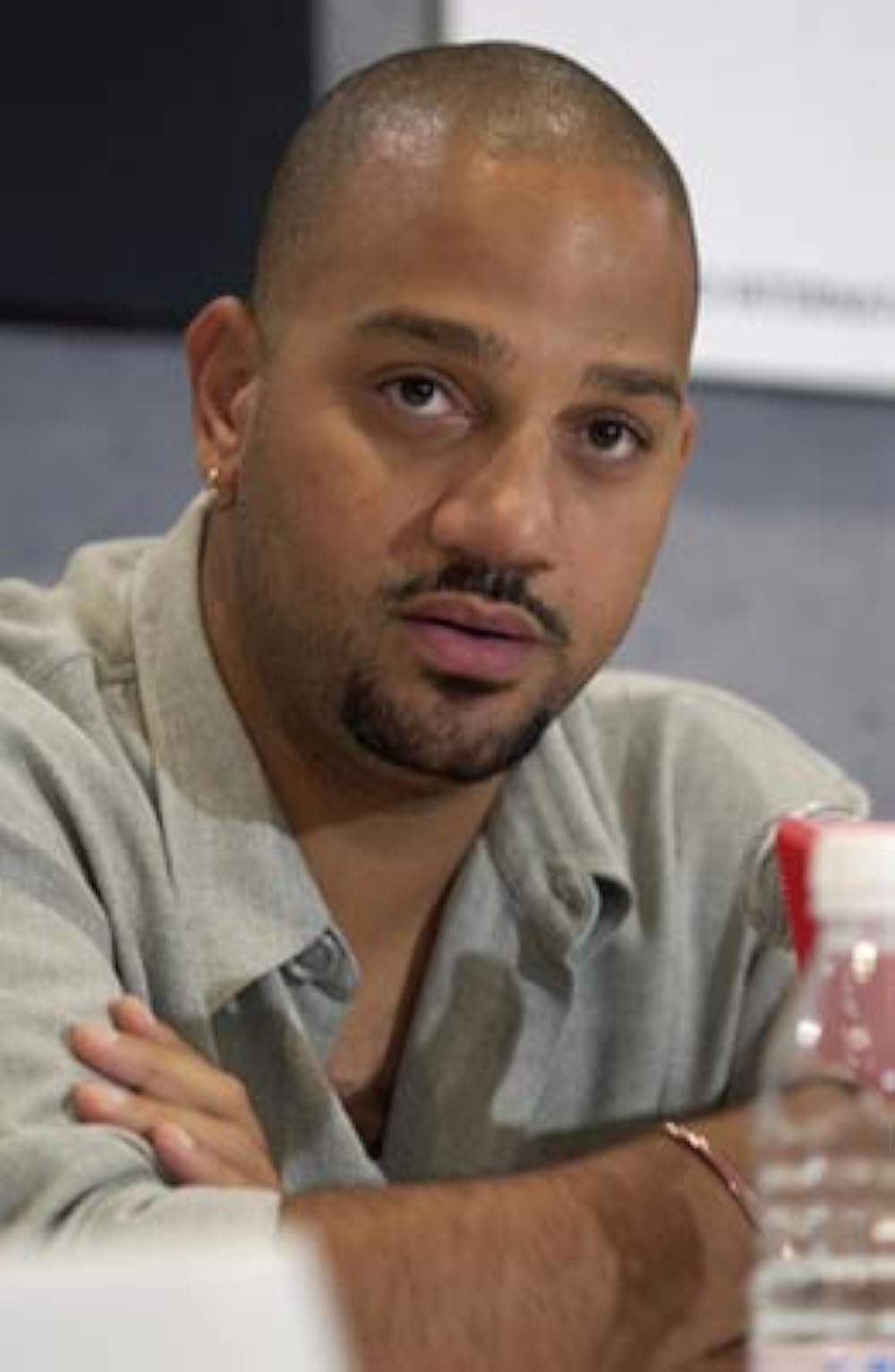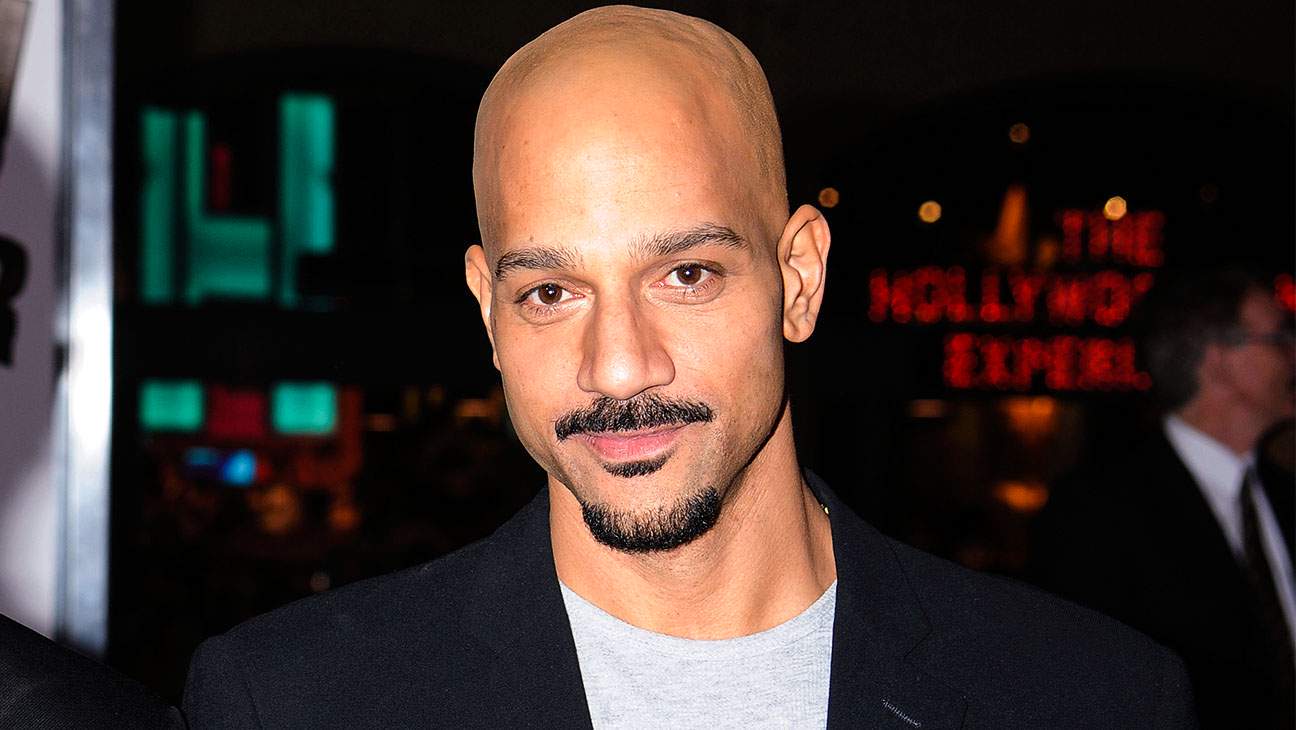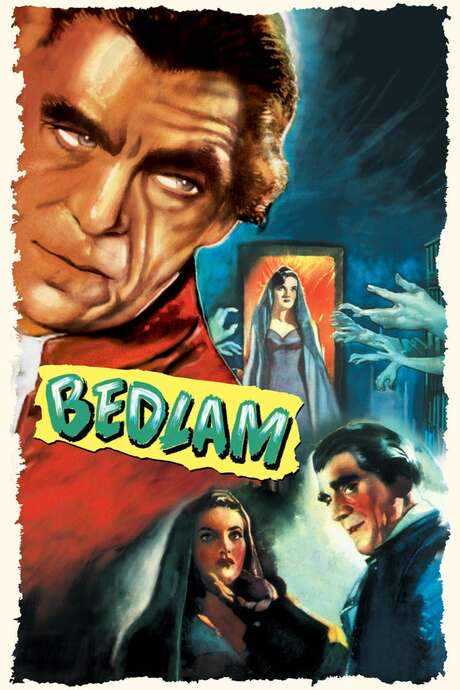From Hell 2001

In the dark and grim streets of Victorian London’s Whitechapel, a relentless killer terrorizes the city. Jack the Ripper’s brutal murders spark a desperate hunt for the elusive killer, as police and investigators race to understand his motives and identify his victims. The escalating violence grips the city in fear, and the pressure to stop the bloodshed mounts with each new discovery.
Does From Hell have end credit scenes?
No!
From Hell does not have end credit scenes. You can leave when the credits roll.
Meet the Full Cast and Actors of From Hell
Explore the complete cast of From Hell, including both lead and supporting actors. Learn who plays each character, discover their past roles and achievements, and find out what makes this ensemble cast stand out in the world of film and television.
External Links and Streaming Options
Discover where to watch From Hell online, including streaming platforms, rental options, and official sources. Compare reviews, ratings, and in-depth movie information across sites like IMDb, TMDb, Wikipedia or Rotten Tomatoes.
Ratings and Reviews for From Hell
See how From Hell is rated across major platforms like IMDb, Metacritic, and TMDb. Compare audience scores and critic reviews to understand where From Hell stands among top-rated movies in its genre.

54
Metascore
6.6
User Score

6.7 /10
IMDb Rating

67
%
User Score
Take the Ultimate From Hell Movie Quiz
Challenge your knowledge of From Hell with this fun and interactive movie quiz. Test yourself on key plot points, iconic characters, hidden details, and memorable moments to see how well you really know the film.
From Hell Quiz: Test your knowledge on the mysterious and dark tale of 'From Hell' featuring Prince Eddy and the infamous Jack the Ripper.
Who is the primary royal figure involved in the clandestine romance?
Prince Albert Victor, Duke of Clarence
Queen Victoria
Sir William Gull
Robert James Lees
Show hint
Full Plot Summary and Ending Explained for From Hell
Read the complete plot summary of From Hell, including all major events, twists, and the full ending explained in detail. Explore key characters, themes, hidden meanings, and everything you need to understand the story from beginning to end.
Prince Albert Victor, Duke of Clarence, often recognized as Prince Eddy, finds himself entangled in a forbidden romance with Annie Crook, a humble shopgirl from the gritty streets of London’s East End. What Annie does not realize is that Prince Eddy is visiting her under the guise of an alias, and their secretive affair leads to the birth of a child. Tragically, this romance catches the eye of Queen Victoria, who orders the separation of Prince Albert Victor from Annie. In a cruel twist of fate, Annie is institutionalized following the Queen’s instructions to Sir William Gull, her royal physician, who is commanded to undermine Annie’s mental well-being by interfering with her thyroid gland.
As events unfold, the couple’s daughter is placed with Annie’s parents, facilitated by Walter Sickert, an artist and confidant of Prince Eddy, who had accompanied him during his visits to Annie. Misguidedly believing that the child is the product of a scandalous union with his daughter, Annie’s father becomes engulfed in shame. Reluctantly, Sickert gives the child to Annie’s family, unaware of the brewing turmoil.
The scandal begins to bubble over when Annie’s acquaintances—a group of prostitutes including Mary Kelly, Polly Nichols, Anne Chapman, and Liz Stride—who are aware of the royal ties of the illegitimate child, concoct a plot to blackmail Sickert. Upon discovering their scheme, Queen Victoria takes drastic measures by commanding Gull to silence them. The police, already informed of Gull’s intentions, are instructed to remain idle until he executes his grim plan.
As a significant Freemason, Gull recruits John Netley, a carriage driver, to aid in a series of murders in Whitechapel. He rationalizes these heinous acts as necessary warnings against an imaginary Illuminati threat to the monarchy, believing they form part of a dark ritual meant to preserve male dominance. Amidst his murderous spree, Gull targets Mary Kelly but inadvertently also claims the life of Catherine Eddowes, who had been using Kelly’s name as an alias. As the body count rises, Gull begins to lose his grip on reality, experiencing a harrowing vision while killing a woman he mistakes for Kelly.
Gull leads Netley on a disturbing tour of London’s historical sites, sharing what he sees as their hidden mystical importance. In a chilling moment, Gull compels Netley to compose the infamous From Hell letter. In the aftermath, various figures begin to claim responsibility for the horrors inflicted upon Whitechapel through letters sent to the police, solidifying the notoriety of the name “Jack the Ripper.”
As Inspector Frederick Abberline delves deeper into the gruesome mystery of the Ripper murders, he finds himself outsmarted by an elusive killer. It is here that Robert James Lees, a magnetic spiritual advisor to Queen Victoria, steps in with a revealing insight, implicating Gull as the mastermind behind the chaos. Meeting at a critical juncture, Abberline and Lees confront Gull, who confesses to his horrifying deeds. However, their findings are quickly dismissed by the higher-ups of Scotland Yard, who claim Gull acted alone, driven merely by insanity. Undeterred, Abberline unravels a sinister motive: Gull’s intent to unmask the royal scandal involving the Duke of Clarence’s illicit offspring. Infuriated by the ensuing cover-up, Abberline resigns from the Metropolitan Police and considers leaving England to join the Pinkertons.
Simultaneously, Gull is summoned before a clandestine Masonic council, where he is deemed insane and subjected to a mock funeral. Under the alias “Thomas Mason,” he is imprisoned, while the Freemasons go so far as to frame Montague Druitt, a schoolteacher, for the Ripper crimes, ultimately leading to his death, staged as suicide. Years later, Gull’s spirit embarks on a chilling odyssey, observing the brutality of the London Monster while seemingly influencing a line of serial killers throughout history, from Peter Sutcliffe to Ian Brady. His spectral journey even touches Netley, whose fate is irrevocably bound to Gull’s dark legacy. Notably, Gull’s mystical experiences appear to inspire both Robert Louis Stevenson’s Strange Case of Dr Jekyll and Mr Hyde and William Blake’s haunting artwork The Ghost of a Flea. In his final moments of consciousness before departing this life, Gull’s spirit encounters an Irish woman with four children named in honor of the Ripper’s victims, only for her to scorn him, commanding him to “return back to Hell.”
Uncover the Details: Timeline, Characters, Themes, and Beyond!

Coming soon on iOS and Android
The Plot Explained Mobile App
From blockbusters to hidden gems — dive into movie stories anytime, anywhere. Save your favorites, discover plots faster, and never miss a twist again.
Sign up to be the first to know when we launch. Your email stays private — always.
Watch Trailers, Clips & Behind-the-Scenes for From Hell
Watch official trailers, exclusive clips, cast interviews, and behind-the-scenes footage from From Hell. Dive deeper into the making of the film, its standout moments, and key production insights.
From Hell Themes and Keywords
Discover the central themes, ideas, and keywords that define the movie’s story, tone, and message. Analyze the film’s deeper meanings, genre influences, and recurring concepts.
From Hell Other Names and Titles
Explore the various alternative titles, translations, and other names used for From Hell across different regions and languages. Understand how the film is marketed and recognized worldwide.
Similar Movies To From Hell You Should Know About
Browse a curated list of movies similar in genre, tone, characters, or story structure. Discover new titles like the one you're watching, perfect for fans of related plots, vibes, or cinematic styles.
Quick Links: Summary, Cast, Ratings, More

What's After the Movie?
Not sure whether to stay after the credits? Find out!
Explore Our Movie Platform
New Movie Releases (2026)
Famous Movie Actors
Top Film Production Studios
Movie Plot Summaries & Endings
Major Movie Awards & Winners
Best Concert Films & Music Documentaries
Movie Collections and Curated Lists
© 2026 What's After the Movie. All rights reserved.



































